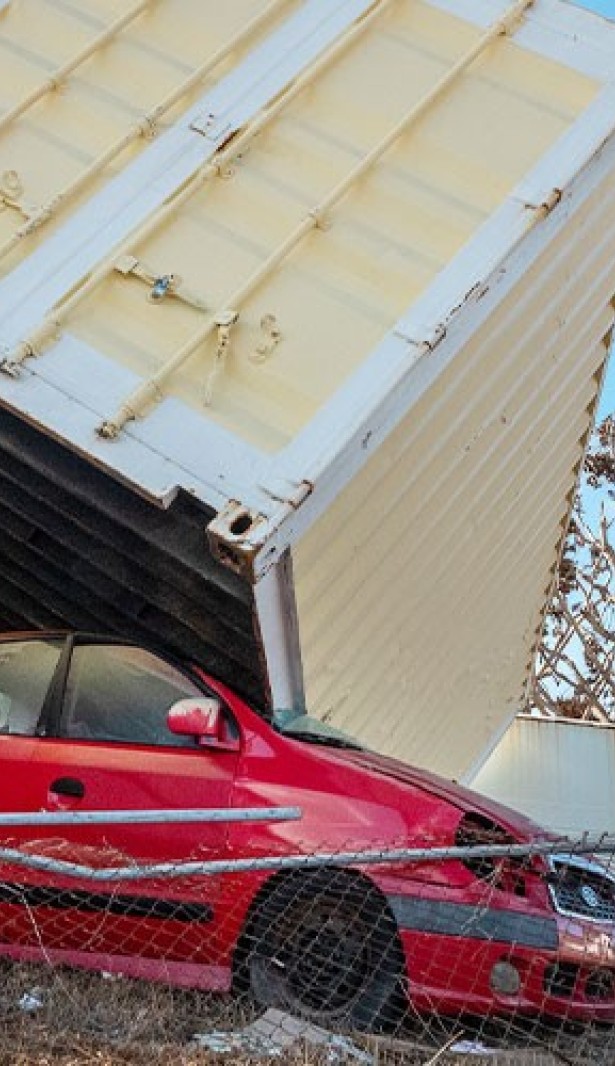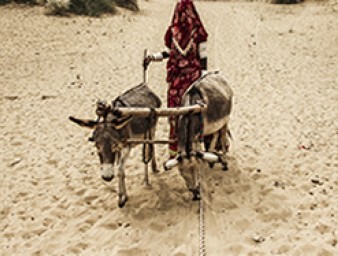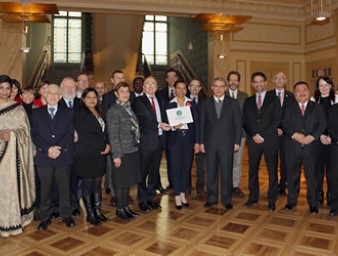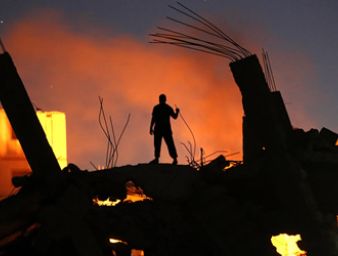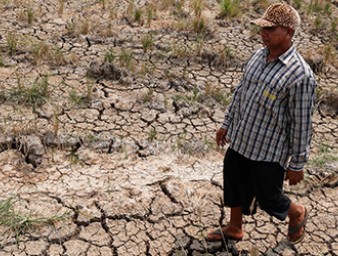Report: Impacts of climate change seriously compromising human rights
23 December 2019
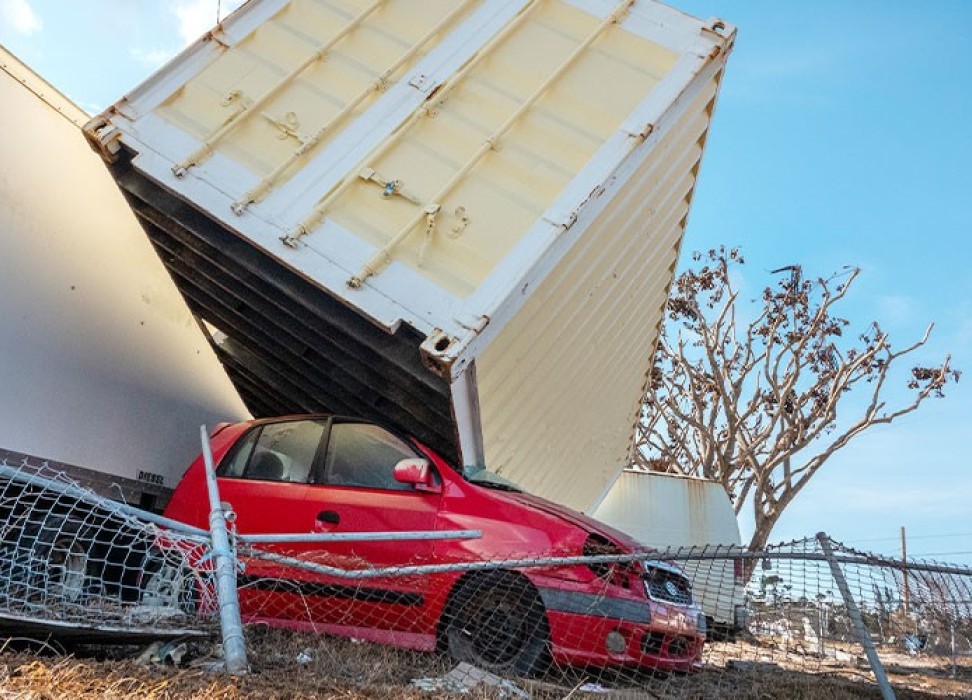
For Latin America and the Caribbean, the dangers of climate change are happening right now, and are a real threat to the exercise of human rights, said UN High Commissioner for Human Rights Michelle Bachelet.
“Climate change constitutes a clear, present and intensifying threat to the full and effective exercise of all human rights including those to life, health, a decent standard of living, non-discrimination, self-determination and development,” she said.
Bachelet made her comments as part of the launch of the new publication Climate Change and Human Rights: Contributions from Latin America and the Caribbean. The report was published jointly by the UN Human Rights Office and the Economic Commission for Latin America and the Caribbean (ECLAC) in the context of the 25th Conference of the Parties to the United Nations Framework Convention on Climate Change (COP25).
ECLAC Executive Secretary Alicia Bárcena called climate change the biggest market failure in history and maximum expression of intergenerational inequality.
“All of our countries, particularly in Central America and the Caribbean, are already heavily affected by climate variations, increased temperatures, the rising seas, ocean acidification, and the greater intensity and frequency of climate change-related catastrophes,” she said.
The report warns that the harmful consequences of climate change affect all human rights. Global warming not only has an impact on the right to health, food, water, culture, development and adequate housing; it also threatens people’s very survival and their right to life and physical integrity, particularly in the region.
For example, deforestation in the Amazon damages the right to sustainable development for people across the world, in particular indigenous people, she said. In addition, coastal zones, where most people of the Caribbean live, are suffering a dramatic increase in category 5 hurricanes due to the increase in the surface temperature of the sea.
More than 80 million people in Latin America and the Caribbean have inadequate access to clean water and basic sanitation. Those who protect the environment in the region are increasingly under threat – from harassment to murder, Bachelet said.
“There must be action to ensure that all affected people can participate in designing and implementing climate solutions,” Bachelet said. “And this includes specific assistance and protection for environmental human rights defenders. Our Office has consistently warned that Latin America is among the most dangerous regions in the world for human rights defenders. Environmental human rights defenders and activists for indigenous and land rights face extreme risks including violence, threats and murder.”
The report outlines a wealth of human rights laws, policies and recommendations that are relevant to ensuring that action to address climate change in Latin America and the Caribbean places human rights at its core. It highlights the region’s contribution to the link between human rights and climate change, in particular the Escazú Agreement, which is the region’s first treaty on environmental matters and the world’s first treaty to include provisions on environmental human rights defenders.
23 December 2019
